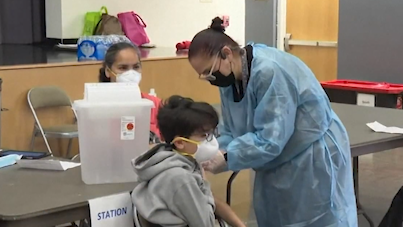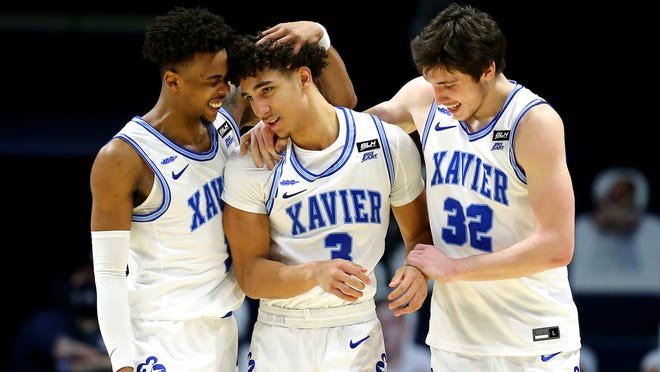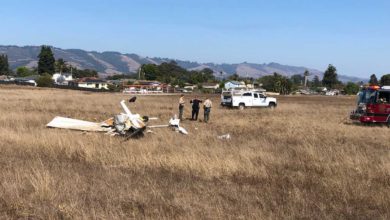

Now that kids 5-11-year-olds have the OK to get their COVID-19 shot, a local doctor spoke with WLWT to answer some of your pressing questions, especially for parents who may still be on the fence.Associate dean of graduate medical education at the UC College of Medicine, Dr. Lou Edje, said a major question she has gotten is, "should I wait and see how others respond first before getting my child the shot?""This has been tested, the FDA does not move lightly, the CDC doesn't move lightly, all of the folks that have been in charge of deciding whether this is safe and what the schedule should be are very very careful," Edje said.That's why she said there's no need for delay.Another concern causing families to pause: Will the vaccine cause infertility in children years down the line?Dr. Edje said every person's DNA is stored in the nucleus of their cells."It's like a safety deposit box there's absolutely no way that the mRNA in the Pfizer or Moderna vaccines can get into that space, so that means the DNA is not going to be altered, it's not going to alter fertility for our pregnant women," Edje said.Because COVID-19 reactions are usually mild in children, some ask, "Why is it necessary to vaccinate my child if they probably won't get very sick?"To that, Edje said the vaccine is effective, it is safe, and it is practical for many families."Because if a vaccinated kid gets exposed to COVID, they don't have to be in quarantine, so I as a parent do not have to take multiple unscheduled days off," Edje said.And, what about the side effects for kids? Edje said for 5 to 11-year-olds, the Pfizer dose is a third of the size given to adults and children 12 and older, so symptoms are milder."Those would include possibly mild fever, fatigue, muscle aches body aches and possibly a mild headache," Edje said.
Now that kids 5-11-year-olds have the OK to get their COVID-19 shot, a local doctor spoke with WLWT to answer some of your pressing questions, especially for parents who may still be on the fence.
Associate dean of graduate medical education at the UC College of Medicine, Dr. Lou Edje, said a major question she has gotten is, "should I wait and see how others respond first before getting my child the shot?"
"This has been tested, the FDA does not move lightly, the CDC doesn't move lightly, all of the folks that have been in charge of deciding whether this is safe and what the schedule should be are very very careful," Edje said.
That's why she said there's no need for delay.
Another concern causing families to pause: Will the vaccine cause infertility in children years down the line?
Dr. Edje said every person's DNA is stored in the nucleus of their cells.
"It's like a safety deposit box there's absolutely no way that the mRNA in the Pfizer or Moderna vaccines can get into that space, so that means the DNA is not going to be altered, it's not going to alter fertility for our pregnant women," Edje said.
Because COVID-19 reactions are usually mild in children, some ask, "Why is it necessary to vaccinate my child if they probably won't get very sick?"
To that, Edje said the vaccine is effective, it is safe, and it is practical for many families.
"Because if a vaccinated kid gets exposed to COVID, they don't have to be in quarantine, so I as a parent do not have to take multiple unscheduled days off," Edje said.
And, what about the side effects for kids?
Edje said for 5 to 11-year-olds, the Pfizer dose is a third of the size given to adults and children 12 and older, so symptoms are milder.
"Those would include possibly mild fever, fatigue, muscle aches body aches and possibly a mild headache," Edje said.
Source link







